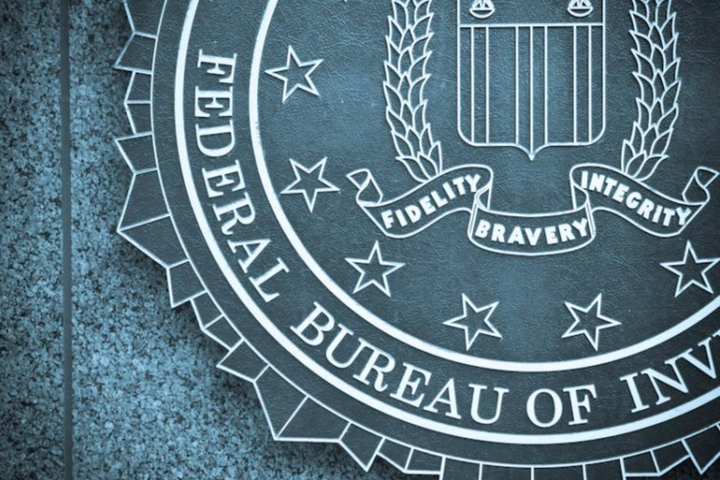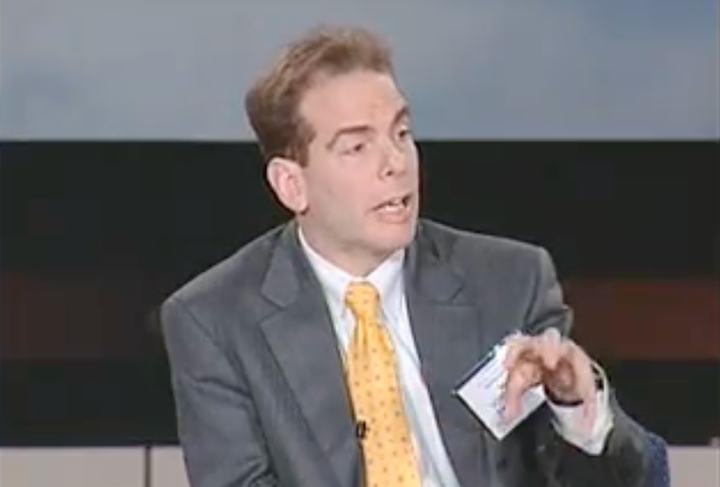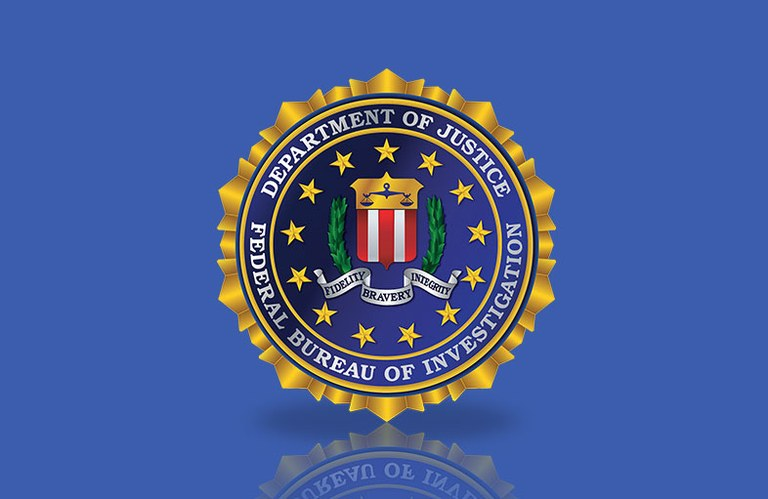In Assange Case, Disaffected Journalists Reject FBI Requests To Aid Prosecution
U.S. prosecutors have quite a struggle ahead if they hope to convince journalists frustrated with Assange’s behavior to aid them in their attack on freedom of the press.

Support independent journalism on the case against WikiLeaks founder Julian Assange. Become a subscriber of The Dissenter with this 60-day free trial.
Three journalists, who worked with WikiLeaks founder Julian Assange, have been approached by the Federal Bureau of Investigation and United States Justice Department to testify against Assange.
Each one had a falling-out with Assange, yet they have made it clear that they will not help prosecutors bolster their case.
In June, the Sydney Morning Herald and The Age reported that the London Metropolitan Police had visited the home of Andrew O’Hagan. They left him a notice that indicated the FBI wanted to “discuss” his “experiences with Assange/WikiLeaks as referenced in The Unauthorized Autobiography of Julian Assange and Ghosting.”
O’Hagan’s collaboration with Assange as a ghost writer broke down, and he previously wrote an essay that called out the WikiLeaks founder. But O’Hagan rejected the FBI request. “I would not give a witness statement against a fellow journalist being pursued for telling the truth.”
The news was distressing to Assange’s legal team, especially in Australia where attorneys have been working to negotiate an arrangement that could end the prosecution and bring Assange home.
Now, according to a report from former WikiLeaks volunteer James Ball, in the last several weeks former Guardian investigations editor David Leigh and transparency campaigner Heather Brooke were contacted by the London Metropolitan Police. The police asked them to respond to FBI requests for testimony.
Leigh reportedly returned from Scotland to find a notice at his London flat. It mentioned, “The FBI would like to discuss your experiences with Assange/WikiLeaks as referenced in WikiLeaks: Inside Julian Assange’s War on Secrecy.”
“I must stress this is purely voluntary and you are acting as a witness only. Therefore there is no requirement to speak to the FBI if you do not wish to,” the note added.
Brooke informed Ball that two officers came to her door. She described how they acted as “almost aggressively friendly and passive.” They acknowledged the request for a witness statement was “voluntary,” and she had “no obligation” to provide testimony.
The FBI may be interested in a reported episode from 2011 when a “WikiLeaks insider violated the security chain” established for the cache of U.S. State Embassy cables and passed them on to Brooke, who then shared them with the Guardian. That, as Wired Magazine wrote, freed them from “any prior agreements it had made to Assange about the documents.”
As for Leigh, Assange’s attorneys have raised the fact that the former Guardian editor published the password to the cache of cables in the book he co-authored on WikiLeaks. That security breach helped a German newspaper open the encrypted file containing cables and exposed numerous individuals to potential harm that media and human rights organizations blamed on Assange and WikiLeaks.
It would make sense if the FBI wanted to collect testimony from Leigh that could help prosecutors undercut Assange’s defense, particularly how the former WikiLeaks editor was careful with the cables.
Additionally, Ball revealed that he was contacted by the FBI back in December 2021. He accepted legal advice and stayed quiet until other journalists were approached this year.
The FBI wanted to speak with Ball about a 2013 article he wrote for the Daily Beast on “Assange’s relationship with a man called Israel Shamir.”
Ball was a volunteer with WikiLeaks during the release of US diplomatic cables from November 2010 to mid-December 2010. He has rather limited knowledge of WikiLeaks operations during the time at issue in the case against Assange.
WikiLeaks has sternly disputed Ball’s past claims about Assange and Shamir, who is an anti-Semite and Holocaust denier.
Israel Shamir has never worked or volunteered for WikiLeaks, in any manner, whatsoever. He has never written for WikiLeaks or any associated organization, under any name and we have no plan that he do so. He is not an ‘agent’ of WikiLeaks. He has never been an employee of WikiLeaks and has never received monies from WikiLeaks or given monies to WikiLeaks or any related organization or individual. However, he has worked for the BBC, Haaretz, and many other reputable organizations.
Since Ball volunteered, he has built a reputation as a disaffected WikiLeaks insider by writing a half dozen articles—including “Julian Assange is no hero. I should know—I lived with him and his awful gang,” and, “Ecuador’s patience with Assange has run out — and he has himself to blame."
However, Ball has also written a handful of principled articles that stress his opposition to the US government’s Espionage Act charges, even as he seems to blame Assange for much of the persecution that he has suffered.
This report from Ball, which was published by Rolling Stone, calls much-needed attention to the FBI’s role in the war on WikiLeaks at a time when his legal team believes Assange could be extradited soon unless something dramatic changes.
It further confirms, as Italian journalist Stefania Maurizi has sought to expose, that the British police have worked closely with the FBI.
U.S. prosecutors have quite a struggle ahead if they hope to convince journalists frustrated with Assange’s behavior to aid them in their attack on freedom of the press.




Comments ()